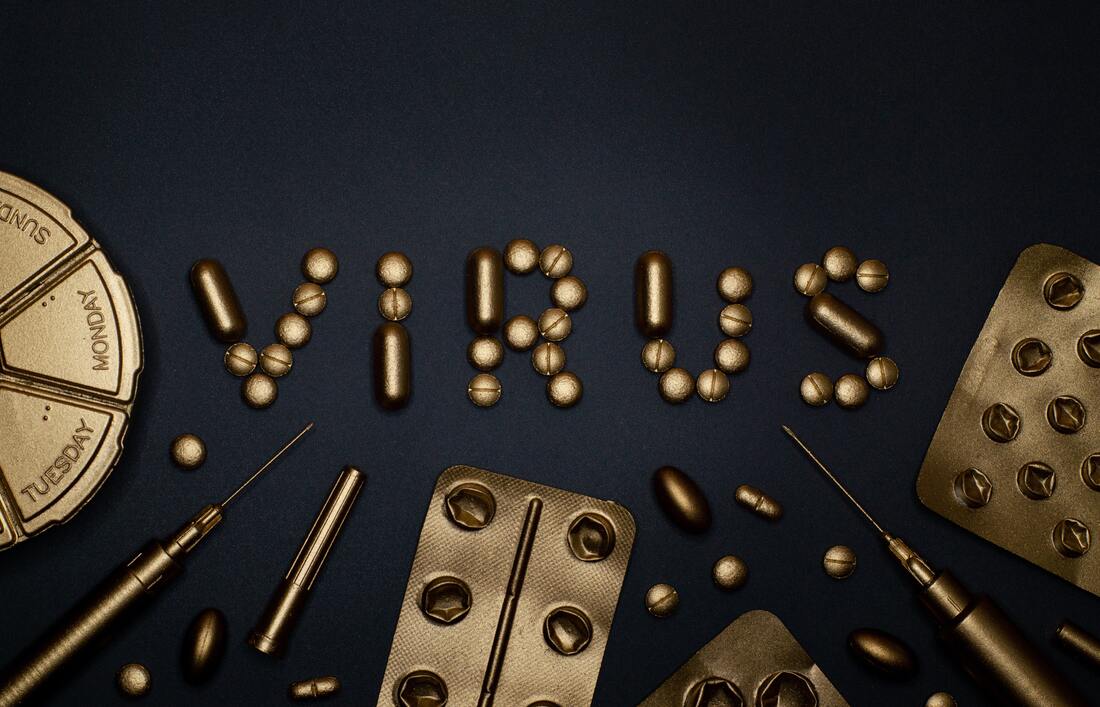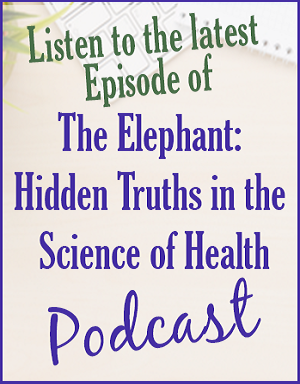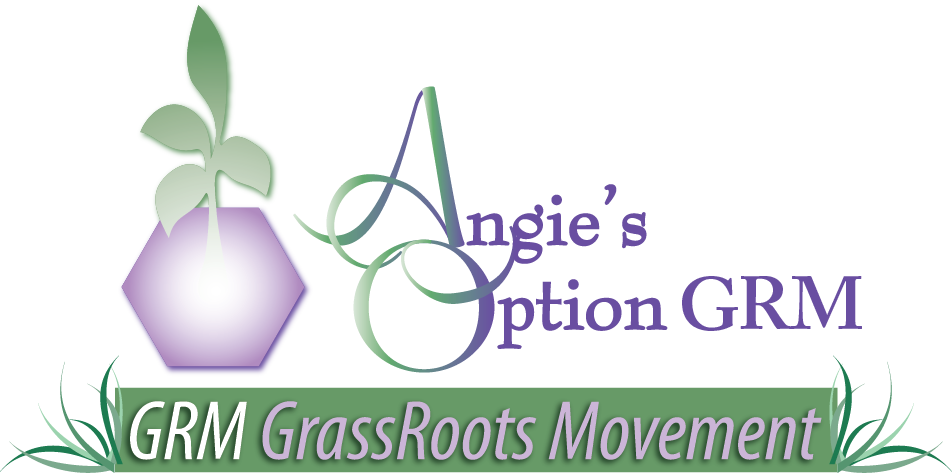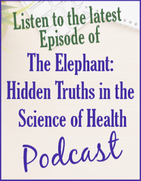Larry A. Law
An article published in 2021 in the journal Nature, proposed that the reason children (0 to 20 years old) were least affected was because they have an exceptionally strong innate immune system. The immune system can be broken down into two parts: innate and adaptive. Innate immunity is what humans are born with and adaptive immunity is what we acquire following exposure to a disease. The innate immune system is our first line of defense and protects us during the 2 to 3 week period before antibodies are created by the adaptive immune system. Neutrophils are immune system cells that belong to our innate immune system. When they are activated by the presence of a pathogen like a virus or bacteria, they summon other immune cells to the area of infection. Researchers found that children averaged 22% more neutrophils than adults.
Children also have more active innate immune genes. Once children's bodies are infected with a virus, a large number of immune genes (genes which turn on immune functions) are also activated. Adults do not have as highly activated immune genes as children. For example, the ZEP1 gene is a protein that binds to zinc ions and regulates the expression of interferons. Interferons stimulate infected cells and those nearby to produce cytokine proteins which prevent the virus from replicating within them. Another gene which is highly activated in children when compared to adults is the macrophage scavenger receptor 1 gene (MSR1). This gene allows children's innate immune system to destroy foreign pathogens more effectively.
So, children have a greater number of innate immune cells and their internal genes are more prone to activation than adults. This gives children a stronger comprehensive ability to fight against virus invasion. In addition to their innate immune system, researchers discovered that CD8 glycoprotein receptors on the glycocalyx of killer T cells in children are activated to a higher degree than in adults. This means that after viral infection, the number of activated acquired immune cells proliferate faster after a foreign virus invasion.
Because children have such a strong innate and adaptive immune system, it makes little sense to vaccinate them. This is especially true for the COVID-19 vaccines which do not provide immunity nor stop transmission of the disease. These vaccines damage and suppress natural human immunity. Other adverse side effects include inflammation of the heart (myocarditis), damage to mitochondria, increased risk of blood clots, damage to cardiovascular and pulmonary cells, and increased risk of cancer. Hospitalization for children with COVID infection ranges from 0.1 to 1.5% and the mortality risk is 0 to 0.2% according to data from the American Academy of Pediatrics (April 28, 2022).
Finding ways to support the innate immune system would be far more beneficial to children and adults. For ways to do just that, see my book, There's An Elephant in the Room--Exposing Hidden Truths in the Science of Health.
0 Comments
Leave a Reply. |
BlogArchives
July 2024
Categories
All
|
© Angie's Option GRM. All rights reserved.








 RSS Feed
RSS Feed

